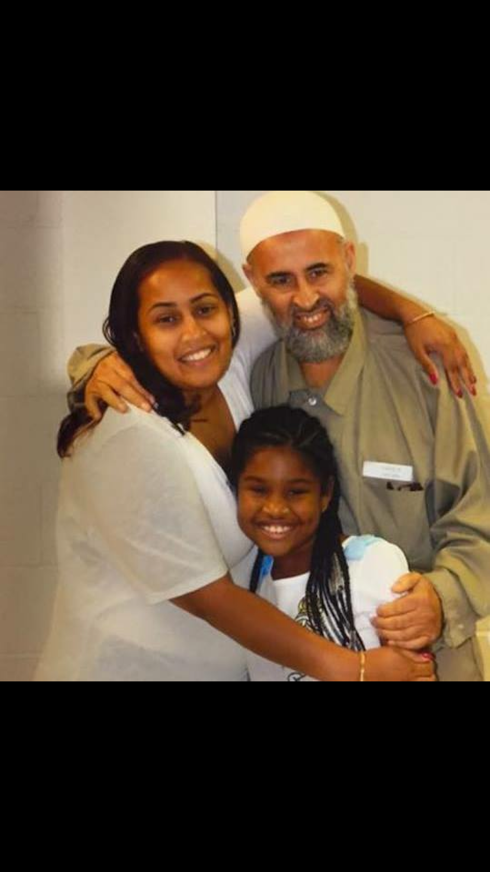Carol Dudek | June 21, 2016
|
|
Mohammed Saleh was a co-defendant in the 1993 seditious conspiracy case, US v Rahman. Known as the “landmarks bombing” case, it was the test-trial for the concept of preemptive prosecutions. The FBI paid over $1 million to an informant, Emad Salem, an Egyptian national, entrap 19 men and create a bombing conspiracy. The government, embarrassed at its failure to prevent the bombing of the WTC months earlier, would rather indict innocent men than allow the possibility of another bombing. See Project Salam’s study on premeptive prosecution.
Mohammed Saleh is Palestinian and grew up in Jordan. He had never been in trouble with the law before this case, was never charged with a criminal act. I worked as a paralegal on his case, and when we met, he asked in his polite way “why is this happening?” I had no answer. I was very cautious, remembering the first bombing at the WTC, in sight of where I live. For 18 months, my job was to be locked up with Mohammed and the other defendants, often the only woman in the room. He was always considerate, gentlemanly and kind. Mohammed and I became friends over the years, and I believe I know what kind of person he is.
Mohammed loved being in the US and came here to “get away from all the trouble.” He earned two BS Degrees in American universities, married, and had five children. He owned two successful gas stations, and often worked seven days a week to support the family. Although he was denied contact with his American son and daughter, they searched for him when they grew up. Mohammed learned that they were both brutalized: as a teenager, his son was living in a car or in foster care, and his daughter was thrown out of the familial home to fend for herself. Now his daughter regularly talks with him and drives with her daughter from NY to the mid-west to visit Mohammed. They have a very loving, close and supportive relationship, which is a miracle after years of deprivation.
Mohammed has served the majority of his sentence, 23 of 35 years, mostly in solitary confinement in Florence or Marion Supermax. The defense team was stunned by the verdicts and sentences, particularly in Mohammed’s case, because within the realm of the conspiracy his role was minimal. Mohammed’s total involvement in the case was the sale of four drums of diesel fuel from his gas station in Yonkers to the informant who said the fuel was for home heating. Yet, Judge Mukasey sentenced all the defendants under the Treason guideline, with sentences ranging from life to 25 years. At least 40 other cases related to the judge (who went on to become Attorney General in the Bush era) are under examination. Mohammed should have pleaded guilty, but he was naïve about the enormous and far-reaching implications of this case. Four defendants who pleaded guilty were released after serving a few years. He told me he did not plead because he believed in the system, and that he was innocent! Naïve. His lawyer did not tell him that more than 90% of cases that go to trial in this District result in convictions. Lynne Stewart, one of the team of attorneys that included former Attorney General Ramsey Clark, was later imprisoned under false accusations of aiding terrorism.
Project Salam has submitted an amicus brief on behalf of other Muslims who have not committed criminal acts but have been swept up into vast terrorism conspiracies. The amicus describes the government’s push to incarcerate innocent men, often using informants in mosques, rather than risk the possibility of terrorist attacks. The Common Council of the City of Albany submitted a resolution urging the Department of Justice to review convictions of Muslims who were preemptively prosecuted.
Mohammed has not seen his family, who live in Jordan, for all these years. They are a devastated family and suffer without their father’s financial and emotional support. Out of necessity, Mohammed’s elderly wife has become the caretaker of the grandchildren. His third son traveled from Jordan to be near his father, whom he hadn’t seen since he was a baby, and cried throughout their visit. Mohammed wants to help his wife take care of their adult daughter and grandchildren and make up for their years of loss. He has limited time left to experience family life, and told me: “I’m old and sick, I want to go home.”

